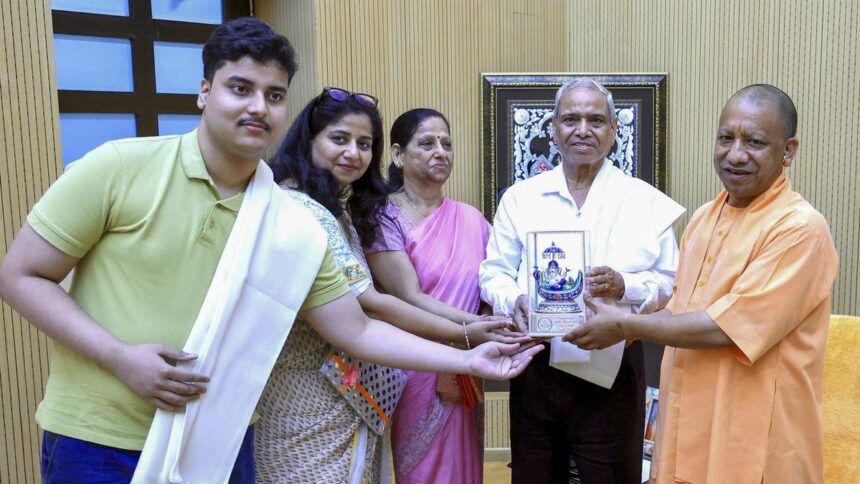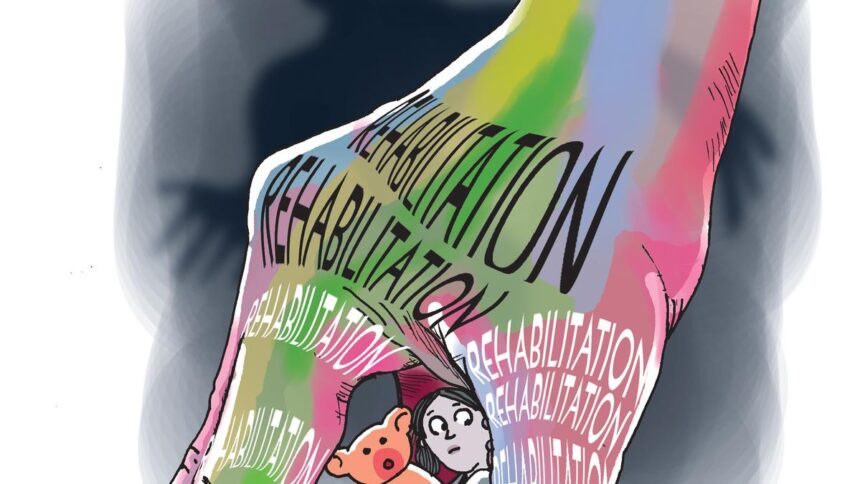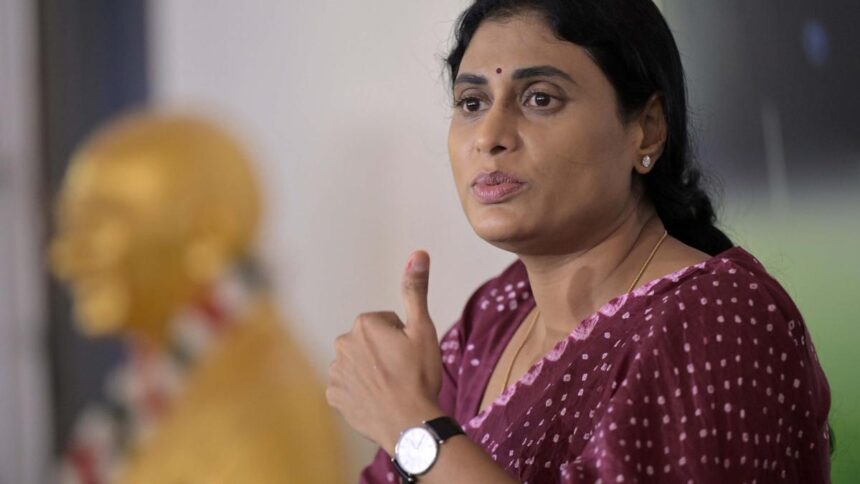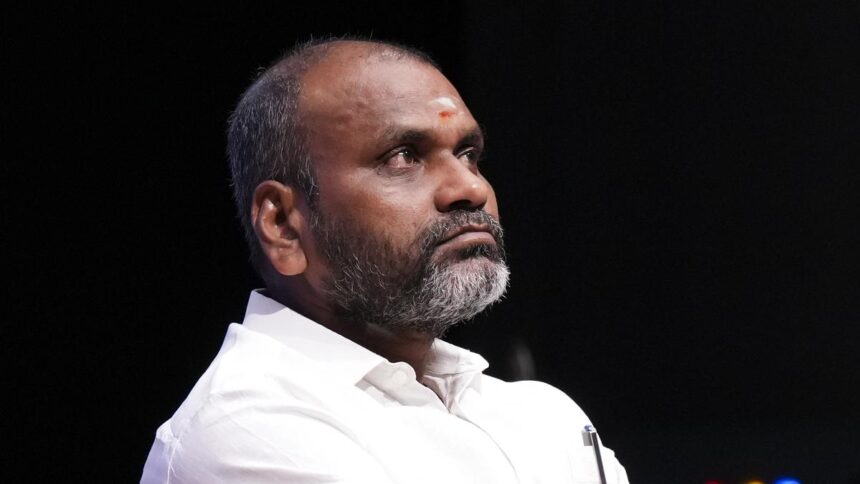
Supreme Court Judge Justice Surya Kant, during at 33rd Annual Convocation of National Law School of India University in Bengaluru on Sunday, 07 September 2025.
| Photo Credit: Sudhakara Jain
Supreme Court judge, Justice Surya Kant, on Sunday (September 7, 2025), said moral autonomy in the field of law did not end careers but defined them.
“Standing by your conscience does not end paths — it defines them,” Justice Kant told new law graduates assembled for the 33rd convocation at the National Law School of India University in Bengaluru.
The judge referred to an incident early in his legal practice when a senior advocate asked him to include arguments that felt “ethically uncomfortable”.
“When I suggested an alternative approach, he initially resisted but eventually appreciated my candour, proving that ethical courage is not a liability but the greatest asset a lawyer can possess,” Justice Kant narrated.
Justice Kant told graduates that the test was not whether they have “learned the law”, but whether they were ready to reshape it. “To bend the arc of justice toward the communities that need it most, and to transform legal practice from a mere career into a force for societal change,” he said.
The judge said there were three decisions every lawyer had to make at some point in his/her career.
“The first tests your ethical boundaries — will you compromise your values for advancement? The second challenges your definition of success — will you choose authenticity or expectation? The third questions your responsibility to others — will you lift others as you rise?” Justice Kant enumerated.
Justice Kant said lawyers must be very clear-headed about their “non-negotiables”. Rushed choices in ethical matters often become lifelong regrets.
“When you know your standards in advance, you respond from conviction rather than confusion,” he explained.
The judge said ‘success’ must be aligned to a cause that “genuinely drives you and aligns with your deepest sense of purpose”.
Justice Kant said as far as professional legacy was concerned, a person has two choices — preserving the status quo or improving it.
“Meaningful change demands that someone must be willing to stand in the storm while others seek shelter… Your legacy will not be measured by your personal achievements alone — it will be defined by the opportunities you create for those who follow,” he said.
Published – September 07, 2025 10:23 pm IST





















